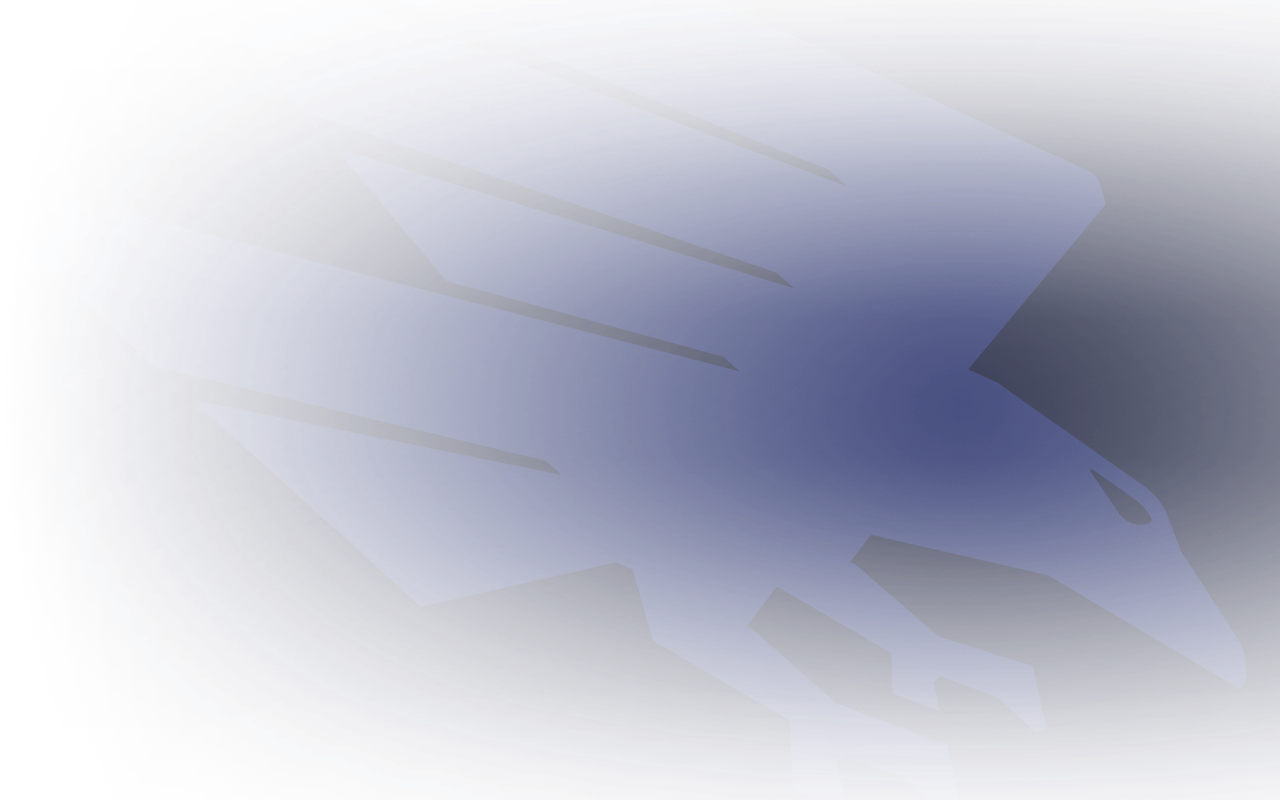I start thinking about my upcoming opponents a few weeks before I play them.
I like to watch my opponents play on TV to see how they’re going and what they’re doing.
I do ask for specific match-ups every now and then. I might go into Darren Milburn and ‘Sando’ and tell them who I want to play on, but in the end it’s not up to me and I’ll play on whoever they want.
During the week of the game, I’ll sit down with ‘Dasher’ and go through some clips from the last two or three games to see how my opponent is playing. We’ll look at what the opposition is doing as a collective forward line and identify some things we can take into the main training session that week. We usually come up with a couple of training drills that will help me to negate my opponent’s strengths.
I train specifically for who I’m going to play on and it varies by opponent. Sometimes, I’ll need to focus more on bodying up and other weeks it’s jumping and spoiling. Each forward has different strengths and you have to be able to change your game accordingly. If you’re up against Nick Riewoldt or Justin Westhoff, you might have to run 16 kilometres in a game. Other players might only cover 10 kilometres and will try to use their strength to beat you instead. Against North, I usually get Drew Petrie so I’ll practice for a lot of contested marking situations.
As a key defender, I’m fortunate to have three different key forwards to train on during the week. Taylor Walker is really mobile and unbelievable at ground level for a big guy. He’s very smart in terms of the leading patterns he runs, so I can use him to train to play on a more mobile forward. James Podsiadly has brute strength and is a great contested mark, while Josh Jenkins is quick, agile and can do it all. I can turn to any of them depending on who I’m playing on that weekend.
Later in the week, we go through our specific match-ups as a defensive group. We’ll talk about what we want to get out of the game as a group and how we want to move the ball.
You can spend all week preparing for a particular opponent, but things can change out on the field. Your opponent might get hold of you, or another opponent might get hold of a teammate and you have to change the match-ups.
That flexibility is an area of my game I feel I’ve improved in. Last year, when I was getting beaten I wasn’t able to change things up, but this year I feel like I’ve got a few more strings to my bow. I feel a lot more confident out there and have probably adapted to different players better.
I also focused on getting a lot fitter over summer, so I could become more involved in the play. I’m starting to get a little bit more of the ball and am trying to take more marks. I’m still not fantastic at it, but it’s an area I’m really working hard on.
I think Geelong’s Harry Taylor is the benchmark in this area. Harry has the ability to defend one-on-one, to take grabs and get a lot of the ball – he’s an all-round player and probably the most consistent and well-rounded key defender in the game.
I hate getting beaten. When I do, I probably don’t sleep for a week.
It’s one of the key motivators for me, not letting my teammates or myself down. I’ve got very high standards for myself and the team. I hate losing and it’s definitely a trait I’ve had since I was a kid. I think you have to possess that if you want to be successful in this game.


